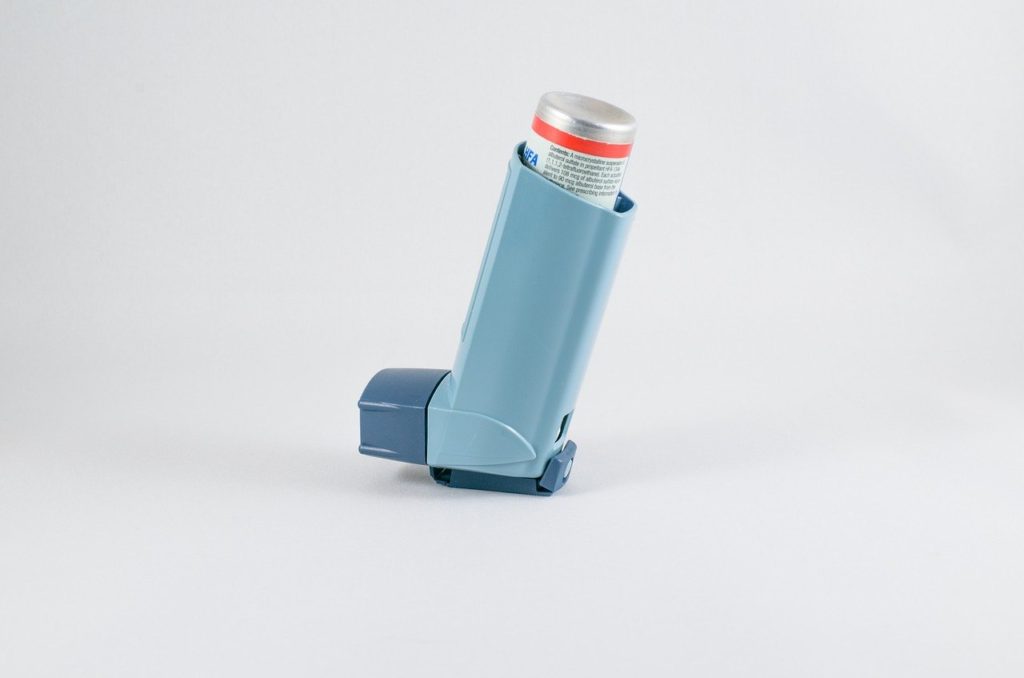All opinions are mine and mine alone
Recognising the Symptoms of Asthma in Your Child
Childhood asthma is not too different from the condition in adults, but it manifests itself uniquely. Children with asthma express varied symptoms, which could be difficult to associate with the disease directly. Early diagnosis provides an opportunity for administering the right asthma treatment to manage the disease. The following tips will help in recognizing signs of asthma in children:

Common Symptoms of Asthma in Children
The following are signs that manifest commonly in children who have asthma:
Coughing
Asthma can express itself in the form of a persistent cough that refuses to go away. Sometimes, the child may experience coughing episodes after exposure to triggers. A cough that gets worse in the presence of viral infection could also be a sign of childhood asthma.
Breathing Problems
When a child experiences breathing difficulties like rapid breathing or a constant wheezing sound, you should consult a physician. Another way to identify respiratory problems is by observing the child’s tummy. If the child is using the stomach muscles to try and get more air into the lungs, that could be a sign of asthma. Another sign could be tight neck muscles when inhaling.
Chest Pain
Chest pain is a common symptom of asthmatic episodes. The child may complain of feeling too much pressure in the thoracic area. The sign can also appear as chest congestion without any pain.
Chronic Tiredness
Due to breathing difficulties, many children appear exhausted most of the time. They begin to shun playing activities, and they get tired quickly when they play.
Why Childhood Asthma Can Be Difficult to Spot
The greatest challenge with childhood asthma is that it is not easy to identify. Consequently, that negatively impacts the effectiveness of asthma treatment. The following reasons show why it is challenging to spot asthma in children:
Varied Causes
It is impossible to identify one specific factor as the cause of asthma in children. Some studies cite environmental factors as a significant influencer, while others associate asthma with genetics and heredity.
Varied Expressions and Symptoms
Asthmatic symptoms vary from one child to another. While one child may express a persistent cough, another may suffer breathing difficulties. Additionally, signs in one child will differ in different episodes of asthma. It also takes time for symptoms to manifest after a child is exposed to asthma triggers. That makes it difficult to point out precisely the cause of the symptoms.
How to Manage Asthma in Children
When the diagnosis proves that a child has asthma, then the task of managing the condition begins. Asthma is a chronic disease, and it is crucial to know how best to keep the disease in check.
Preventing Exposure to Triggers
Identify the factors that trigger an asthmatic response in the child and design their environment to limit exposure to those elements. It will take keen observation to figure out what affects a particular child.
Short-Term and Long-Term Medication
The doctor may recommend fast-acting medication to ease symptoms in case of an asthma attack. For some severe cases, the physician may prescribe drugs for use over a long duration. It is essential to discuss the pros and cons of the medication on the child’s health and settle for the best option.
Asthma Action Plan
Without a concrete action plan, one may wrongly administer prescribed medication. With the help of a doctor, design a schedule to help with taking the drugs. The action plan should also indicate what actions to take in the case of an emergency.
Educate the Child
For a child who is old enough to understand their condition, letting them know will place them in greater control of their life. Inform the child what to avoid and how to handle symptoms when they begin to manifest.
Carrying out an effective asthma management plan depends on knowing the common symptoms. These include coughing spells, breathing difficulties, and chronic exhaustion. The knowledge helps in spotting childhood asthma quickly and also recognizing and avoiding triggers. That makes management of the disease much more effective.



Speak Your Mind